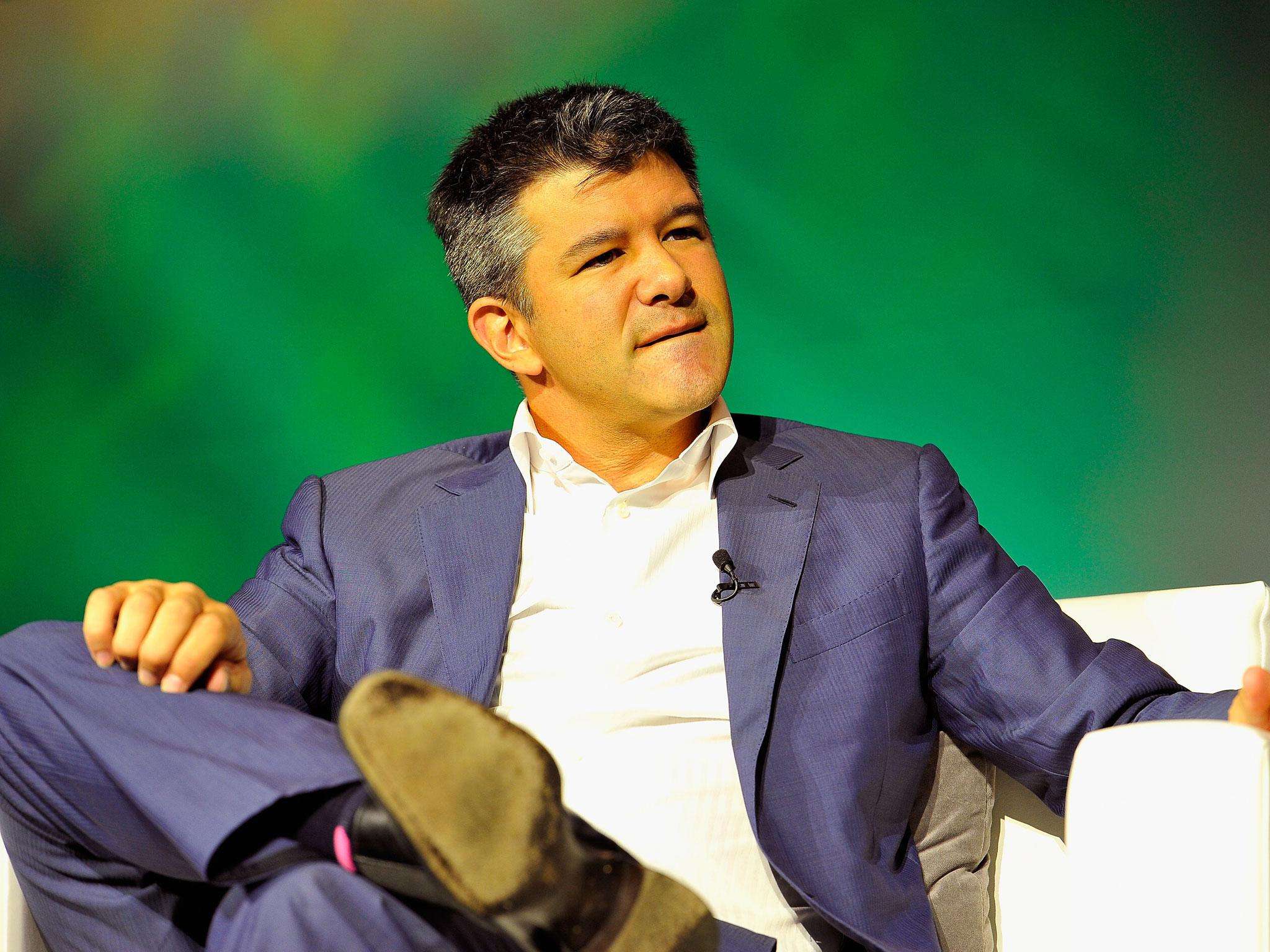Uber's deal with Didi in China is a win for both but drivers won't be cheering
The merger will hand Didi a dominant market share and pricing power

Uber is a star of the new “sharing economy” and another winner to drive out of California’s technology hub and into global corporate superstardom.
Its deal with China’s Didi Chuxing is, however, a decidedly old fashioned affair. After fighting each other for two years the two companies are putting their operations together.
Uber is selling its Chinese arm to its larger local rival in return for a 20 per cent stake in the $35bn (£26.5bn) company that will be created.
The US outfit will become the newly merged business’s biggest shareholder and Uber chief executive Travis Kalanick will join Didi’s board. Meanwhile, Didi Chuxing chief Cheng Wei will join Uber’s board. Didi is also investing $1bn in Uber, which has the advantage of a global footprint.
The resultant business will emerge as a winner quicker than you can say “cross shareholding”.
Richard Ji, Hong Kong based co-founder of All-Stars Investment told Reuters that the deal “will lead to favourable outcomes for both companies”.
He isn't wrongl. They will be able to relax and exploit their pricing power.
Uber is a dominant in most of the markets in which it operates. Didi is dominant in China. Their alliance cements their power. A chill wind will be blowing through divers’ cabs.
Stories about Uber drivers’ poor earnings have followed the company like a bad smell. It has also been accused of squeezing existing taxi firms in the cities it moves into, even of stopping driving from being viable as an economic activity.
Customers, however, love it, which has helped to insulate the company from some of the criticisms levelled at it. Whether that is sustainable remains to be seen.
Supporters argue that we should hail a new and innovative business model. “Adapt,” they cry. “Compete.” What they fail to do is explain how the neighbourhood mini cab firm is supposed to square up to a multi billion dollar company that has the financial muscle to swat them aside. Or to do deals like the one with Didi when that isn’t possible.
Join our commenting forum
Join thought-provoking conversations, follow other Independent readers and see their replies
Comments
Bookmark popover
Removed from bookmarks